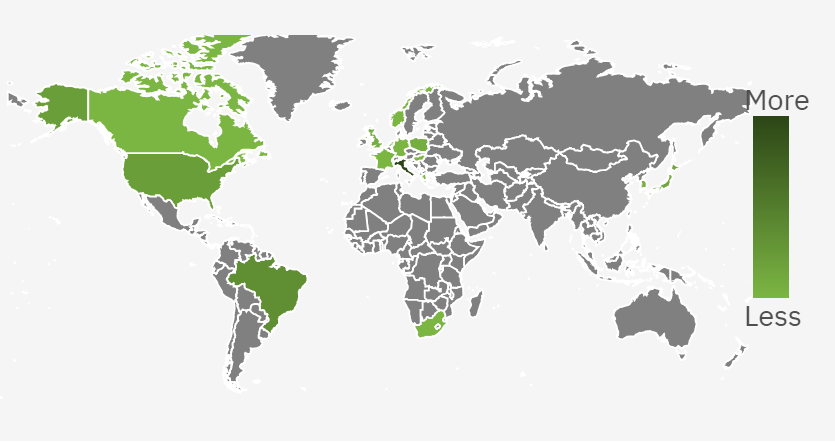 An open access journal
An open access journal
Emerging Trends in Sustainable Urban Mobility: Engineering Solutions for Smart Cities
Abstract
This paper examines emerging trends in sustainable urban mobility and the role of engineering solutions in fostering smart and efficient transportation systems in cities. Drawing upon interdisciplinary research from urban planning, transportation engineering, and information technology, the paper explores innovative approaches and technologies aimed at promoting sustainable mobility, reducing traffic congestion, and enhancing the quality of urban life. It discusses the evolution of smart transportation systems, including intelligent transportation networks, electric vehicles, bike-sharing programs, and mobility-as-a-service platforms, and their potential to revolutionize urban mobility. Through a comprehensive review of empirical studies and case examples, the paper highlights the benefits of sustainable urban mobility, such as improved air quality, reduced greenhouse gas emissions, and increased accessibility for all residents. Additionally, the paper addresses challenges and considerations associated with the implementation of sustainable mobility solutions, including infrastructure constraints, regulatory barriers, and social equity issues. It discusses the importance of integrating engineering, policy, and community engagement approaches to develop holistic and inclusive urban mobility strategies. Through case studies and examples of successful urban mobility projects, the paper illustrates the transformative impact of engineering-driven solutions in creating more livable, resilient, and sustainable cities. The paper concludes by outlining future research directions and policy recommendations to accelerate the transition towards sustainable urban mobility and address the pressing challenges of urbanization and climate change.

